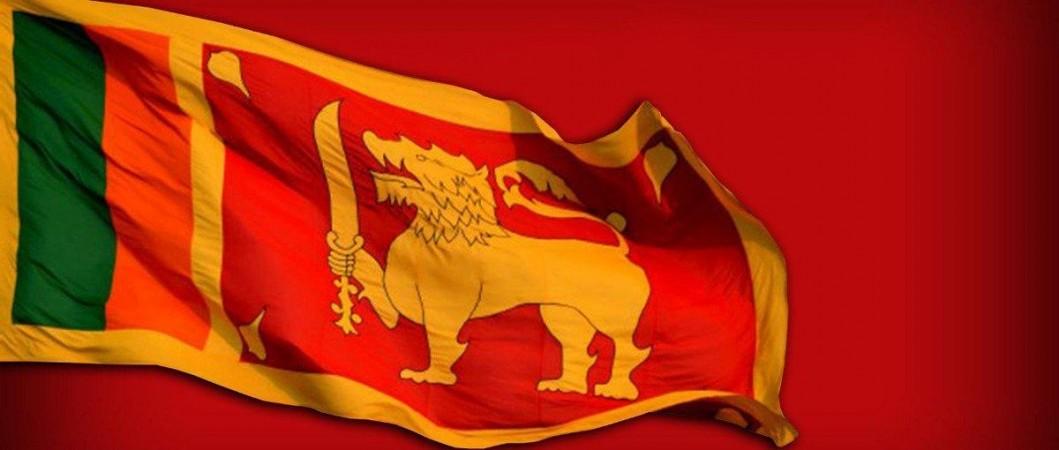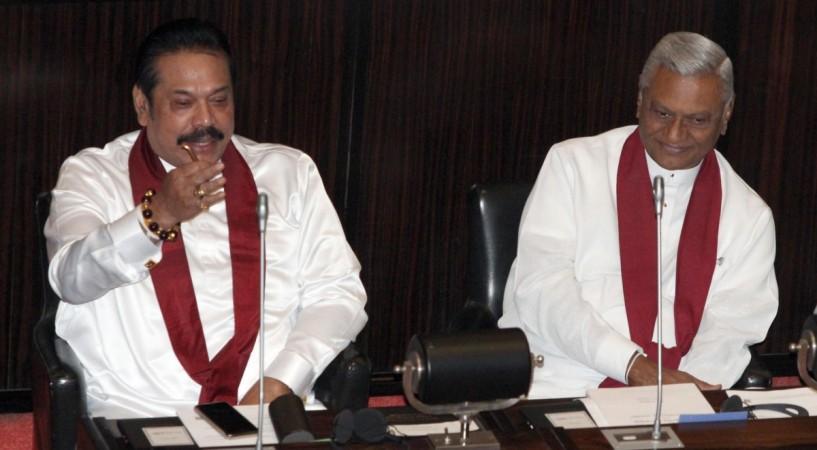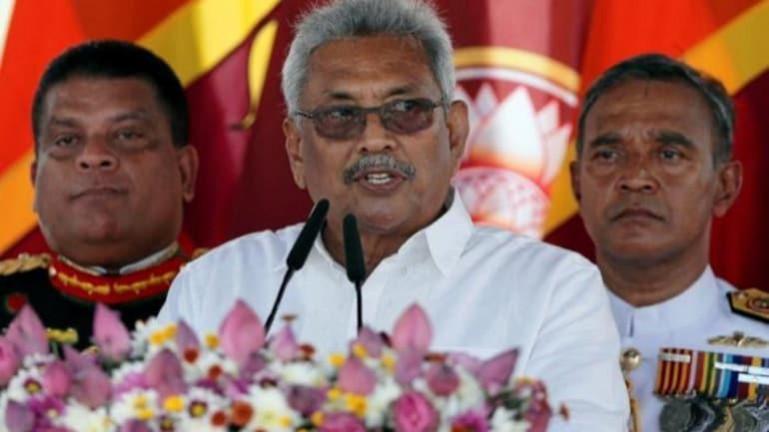Late on Sunday when all the cabinet ministers in Sri Lanka resigned, the all-powerful Mahinda Rajapaksa found himself under fire from all quarters. Hitherto local reports turned to international headlines and almost all pointed out how the buck had nowhere to stop except for the 76-year-old Prime Minister who has been ruling the island nation for decades.
Meanwhile, the raging protests by citizens continued asking the Rajapaksa administration to quit. Hundreds of university students in Colombo, several social groups, and leaders of the opposition all gathered in different parts of the country, chanting anti-government slogans, while defying a curfew, braving water cannons and heavy police resistance.

Authorities blocked access to major social media sites and messaging apps, seeing them as platforms for anti-government mobilisations. Rajapaksa administration is being blamed for 'failing' the country in its economic crisis response.
How did it come to this?
A day after all the cabinet ministers resigned, President Gotabaya Rajapaksa invited the Opposition to accept ministerial portfolios. While this paves the way for a fresh cabinet, will that steer the country out of its worst economic crisis?

While all the 26 cabinet ministers resigned with immediate effect, Sri Lanka's economic crisis has been in the making for long now. Families, businesses, and the youth have all been struggling with a persistent shortage of food supplies, increasing fuel prices, soaring prices of essential items, and electricity cuts.
Three of the resigning cabinet members belong to the Rajapaksa family - Sports Minister and President's nephew Namal Rajapaksa, Irrigation Minister Chamal Rajapaksa and Finance Minister Basil Rajapaksa. The island nation and its citizens still await a critical economic recovery plan. But how did Sri Lanka come to a point of dire shortage of foreign currency? The situation forcing the government to ban imports resulting in severe shortage of essentials.
Irregularities by the ruling Rajapaksa clan?
One of the four politically active brothers and current President Gotabaya Rajapaksa has presided over Sri Lanka's spiralling economic crisis. The dire shortage of foreign currency, experts say, did not happen overnight.

Mahinda Rajapaksa is the all-powerful head of the clan and the current Prime Minister. A post he has also held in 2004 and from 2005 to 2015. What spiked his popularity in domestic politics is the support from Sinhala-Buddhist majority who hold him on a pedestal for crushing separatist Tamil rebels following a brutal military operation which ended a decade-long civil war.
Basil Rajapaksa, another political heavyweight and the outgoing finance minister also does not have a redeeming reputation. He has been infamously called 'Mr Ten Per Cent' in a BBC interview while being questioned on allegations of the commission he took from government contracts.
The charges that he amassed millions of dollars in government contracts are yet to be proved since all cases against him have been dropped since Gotabaya became President. Moving on, Namal Rajapaksa, a lawyer, is the eldest son of Mahinda Rajapaksa and is said to be a President in the making. He denies all charges of money laundering and corruption against him.
China's debt trap diplomacy to be blamed?
During Rajapaksa's rule, Sri Lanka moved closer to China, borrowing close to $7bn for infrastructural development which turned out to be corruption-ridden white elephants. Many believe that mismanagement by the Rajapaksa family, years of chronic budget deficit, ill-advised taxation policies are to blame for the financial mess that the country finds itself in at the moment.
The corruption and financial irregularities were compounded by the pandemic and its tourism-dependent economy. Unfortunately, before 2020 hit the globe, Sri Lanka and its tourism were yet to recover from the Easter Sunday serial blasts of 2019.









!['Had denied Housefull franchise as they wanted me to wear a bikini': Tia Bajpai on turning down bold scripts [Exclusive]](https://data1.ibtimes.co.in/en/full/806605/had-denied-housefull-franchise-they-wanted-me-wear-bikini-tia-bajpai-turning-down-bold.png?w=220&h=138)



